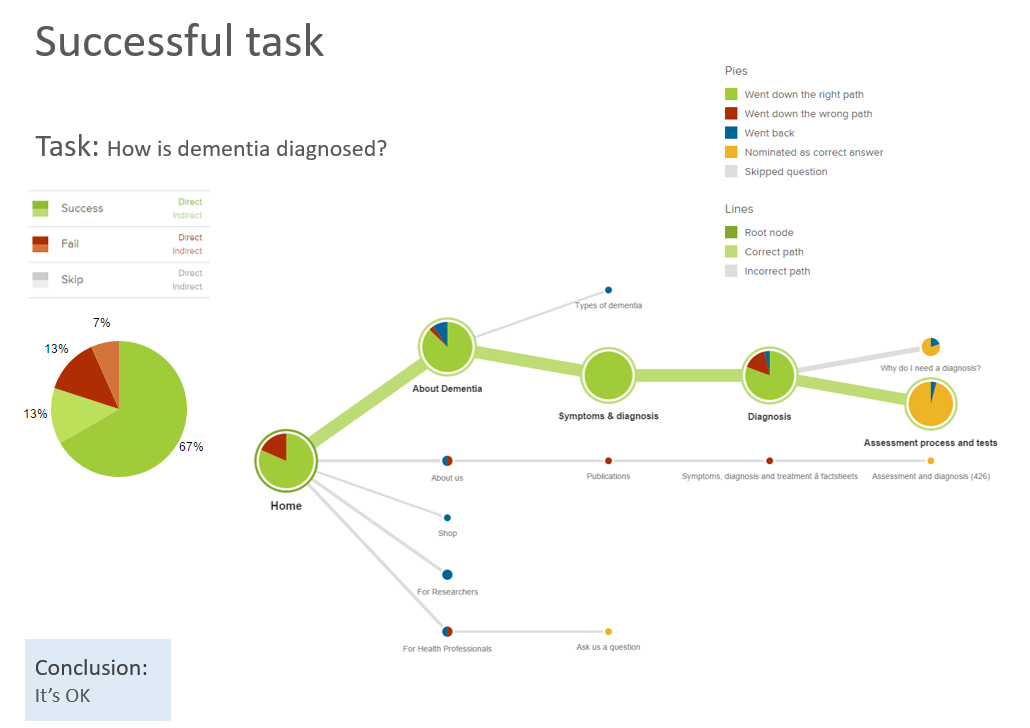We want to undertake projects for clients that will save them money and maximise the success of the project. However, mostly we end up testing websites when they're live; usually there's been no user research or testing beforehand, and all the design and build costs have been incurred. That's not an issue if the site is coming up for redevelopment (when the research will inform the new site), but often these are sites that have only been recently launched (or re-launched), meaning there's no spare budget for revisions. If the site works perfectly and achieves its aims then fine, but regrettably that's rarely the case. Occasionally we get to test sites just before launch, which means that some revisions can be made to increase site efficiency and effectiveness. However, often, the testing surfaces fundamental issues about the site that would ideally require a significant rethink. Either way, there's often limited budget and time to launch a site that delivers a good user experience and good outcomes for the site owner.

.png)


